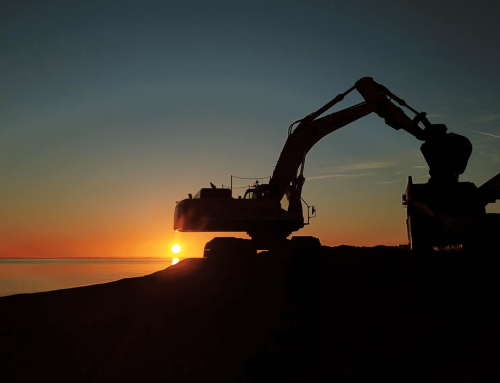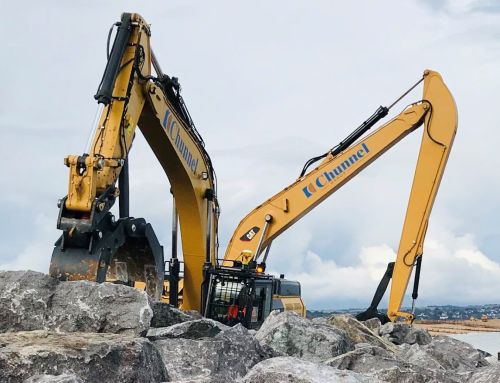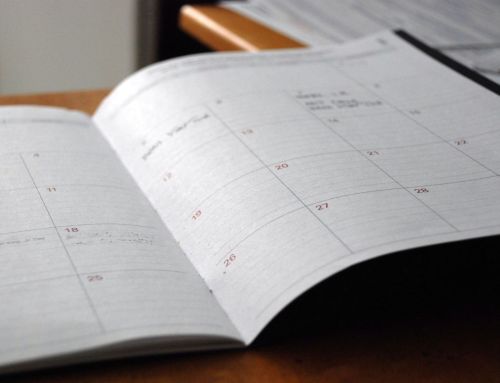Hiring the right heavy machinery for your construction site can make or break your schedule. Whether you’re digging foundations, shifting materials or preparing a site for groundwork, choosing the right excavator or plant equipment is the difference between a smooth build and unnecessary delays.
Know the job
Before picking a machine, get clear on the task at hand. Are you trenching, grading, lifting or loading? Excavators come in various sizes and specialisms, so match the machine to the job rather than opting for a standard one. Mini diggers are ideal for tight residential spaces, while larger tracked excavators offer more power for bulk work.
Attachments matter too, such as hydraulic breakers, augers or grapples. Choosing the right add-ons can reduce your hire costs by making one machine suitable for more tasks.
Consider the site layout and ground conditions
Understanding your site conditions helps you hire more effectively. Smaller or zero-tail swing machines are better for tight urban spaces where there’s a risk of damage. For soft or waterlogged ground, tracked machines are essential, while firm surfaces might be fine for wheeled options.
Measure access points carefully, check for overhead obstructions like scaffolding or trees, and assess ground stability.
Operated hire or self-drive?
You’ve got two main choices when hiring: with an operator, or self-driving. If you don’t have someone on-site with CPCS or NPORS certification, operator hire is the safer and more efficient option. It also means you won’t need to worry about maintenance, as the operator will manage daily checks.
Self-drive is best if you’ve got qualified team members and want to save a bit on cost. It also gives you more flexibility, particularly for longer jobs.
Duration and timing
Shorter jobs are usually better on daily rates, while weekly or monthly packages often suit longer hires. Be realistic about timings and allow a buffer where possible to avoid penalties or last-minute extensions.
Also, keep seasonal demand in mind. Summer is the peak season for plant hire, so booking early is always a good idea.
Plan your logistics
Getting your machinery to the site can be a job in itself. Speak to your hire company about transport, including whether you’ll need a low loader. Are there access issues or road weight restrictions?
At Chunnel Group, we offer delivery planning, banksman services and help with road permits if needed.
Understand what you’re paying for
The daily hire rate is just the beginning. Make sure you ask about fuel policy, transport costs, attachment hire, excess hour charges and insurance. Some hire companies bundle these in, others price them separately.
Don’t focus on price alone, reliability, transparency and proper support often save you more in the long run.
Safety and compliance
Any hired excavator or plant machine should come with up-to-date LOLER and PUWER certificates to prove it’s safe and compliant. Your team also needs to know how to use it safely, especially when reversing, loading or operating near others.
Modern machinery often comes with safety extras like alarms, reversing cameras and GPS, all of which support a safer, more efficient site.
Back-up support
A dependable hire company won’t leave you waiting if something goes wrong. At Chunnel Group, we’ll get a technician or a replacement machine out to you quickly, minimising downtime and helping your project stay on track.
In summary
Hiring heavy machinery doesn’t have to be stressful. When you understand your project’s needs, choose the right machine and partner with a trusted supplier, and the whole process becomes straightforward. Chunnel Group is here to support you from the first enquiry through to site delivery and beyond.



